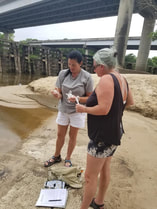 This summer, Pearl Riverkeeper volunteers conducted weekly E.coli testing at 17 Pearl River, Strong River and Ross Barnett Reservoir locations in order to provide you with information about whether it was safe to recreate! Expanding from 4 locations in 2018 to 17+ locations in 2019 would not have been possible without our amazing Water Rangers certified volunteer water monitors. Our volunteers are trained in the Quality Assurance protocols developed by Alabama Water Watch and certified by EPA Region 4. Neither the MS Department of Environmental Quality nor the MS Department of Public Health conducts this type of weekly E.coli testing on our freshwater rivers and reservoirs. We think that's a shame, so our volunteers spent Wednesdays in the summer testing your favorite Pearl River watershed locations to keep you informed! What is E.coli? Pearl Riverkeeper volunteers conducted 195 E.coli tests during 13 weeks in June through August at:
About our results: Heavy rains, particularly runoff from Hurricane Barry in July, had significant impact on local water quality. A rain event within 24 hours of testing often resulted in a "high E.coli" reading. Experts recommend that people use extra caution for several days after rainstorms as sewer overflows, failing septic and stormwater runoff can contain high levels of bacteria. What's next? Pearl Riverkeeper is continually expanding our citizen science water quality monitoring program. We will be training another group of Bacteriological Monitoring volunteers in Spring 2020. During the off season, Pearl Riverkeeper volunteers will be conducting monthly Bacteriological testing at current locations and at additional locations in the Jackson area. Bacteriological Monitoring at the Jackson area locations will be used to assess impacts to the Pearl River and its urban tributaries from sanitary sewer overflows and leaks. In addition to Bacteriological Monitoring, volunteers are also conducting Water Chemistry Monitoring which involves testing pH, dissolved oxygen, turbidity, hardness, alkalinity and temperature. The state of Mississippi has over 26,000 miles of perennial streams and rivers. For the state's 2016 Water Quality Assessment, MDEQ assessed only 11% of our waterways and stated that the status of water quality on the remaining 89% (23,568 miles) is unknown. Citizen science from our certified water quality monitors can help fill in the gaps and provide early detection of water quality issues in areas not actively monitored. HOW CAN YOU GET INVOLVED?
Thank you to all of our volunteers, supporters, Swim Guide, MDEQ and Global Water Watch for making this year of Swim Guide a huge success!
Comments are closed.
|
AuthorPearl Riverkeeper is a licensed member of the Waterkeeper Alliance, the largest and fastest growing nonprofit solely focused on clean water. Archives
July 2024
Categories |
|
Ready to support our work for Clean Water and Healthy Rivers?
|
|

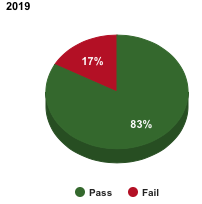
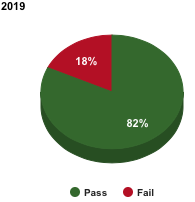
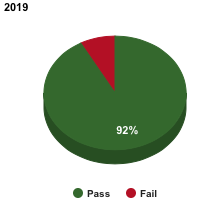
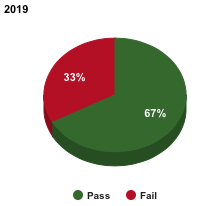
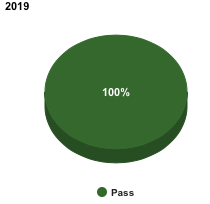
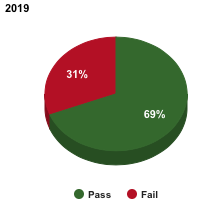
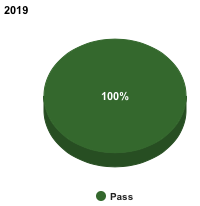
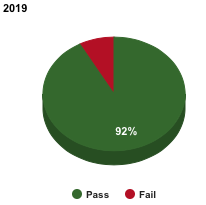
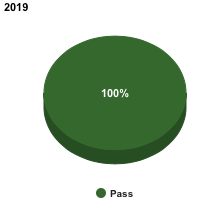
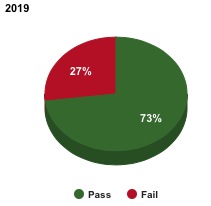
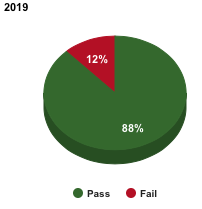
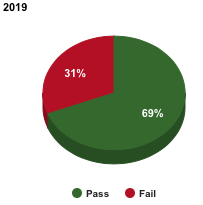
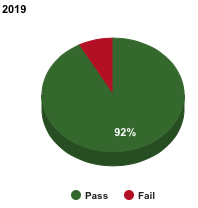
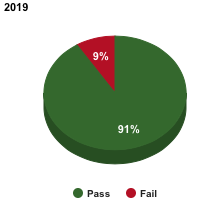
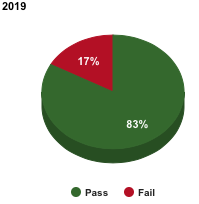
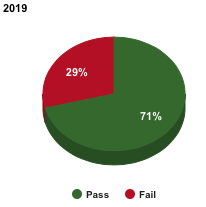
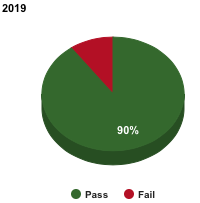
 RSS Feed
RSS Feed
